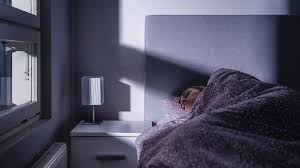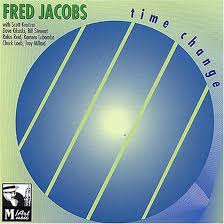The Impact of Nighttime Light Exposure on Health and Sleep

Introduction
As technology advances and urban living grows, exposure to artificial light at night has become increasingly common. This phenomenon, known as nighttime light exposure, raises concerns among health professionals and researchers due to its potential impact on sleep quality, mental health, and overall well-being. Understanding the consequences of nighttime light exposure is crucial, especially as it may affect a significant portion of the population.
The Effects of Nighttime Light Exposure
Numerous studies have examined the biological impacts of exposure to artificial light during the night. One of the primary concerns is its interference with circadian rhythms, the body’s internal clock that regulates sleep-wake cycles. Disruptions in these rhythms can lead to sleep disorders, reduced sleep quality, and even chronic health issues, such as obesity and diabetes.
According to a research study published in the journal Current Environmental Health Reports, nighttime light exposure can suppress the production of melatonin, a hormone responsible for inducing sleep. Individuals who frequently use electronic devices or leave lights on during nighttime hours may find it harder to fall asleep and experience shorter sleep durations. As more people adopt late-night screen time habits, experts worry about the long-term health ramifications.
Recent Developments and Findings
The relevance of understanding nighttime light exposure has gained attention, especially given the rise of remote work and flexible schedules influenced by the COVID-19 pandemic. A 2023 study conducted by the University of California, Berkeley, found that people exposed to artificial light during late-night hours reported increased feelings of anxiety and stress. The research emphasized the connection between light exposure and mental health, suggesting that reducing light exposure at night could improve emotional well-being.
Conclusion
As we navigate an increasingly illuminated world, it is imperative to recognize and mitigate the effects of nighttime light exposure. Simple changes, such as dimming lights in the evening or implementing “screen-free” hours before bedtime, may help enhance sleep quality and overall health. Looking ahead, it is essential to prioritize public awareness regarding sleep hygiene and the consequences of artificial light to support healthier living in our modern society. By making informed choices about our environment, we can improve our sleep and well-being in the long run.









